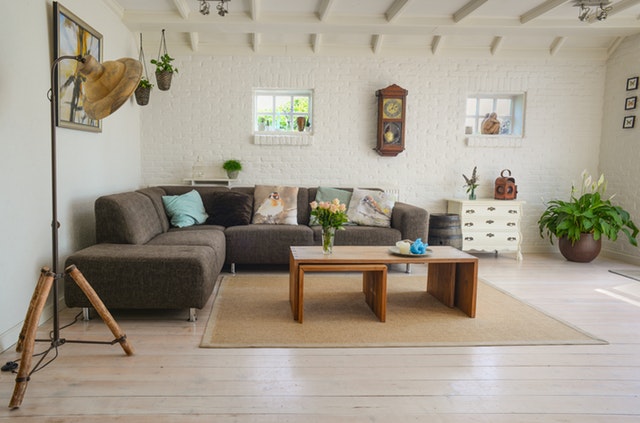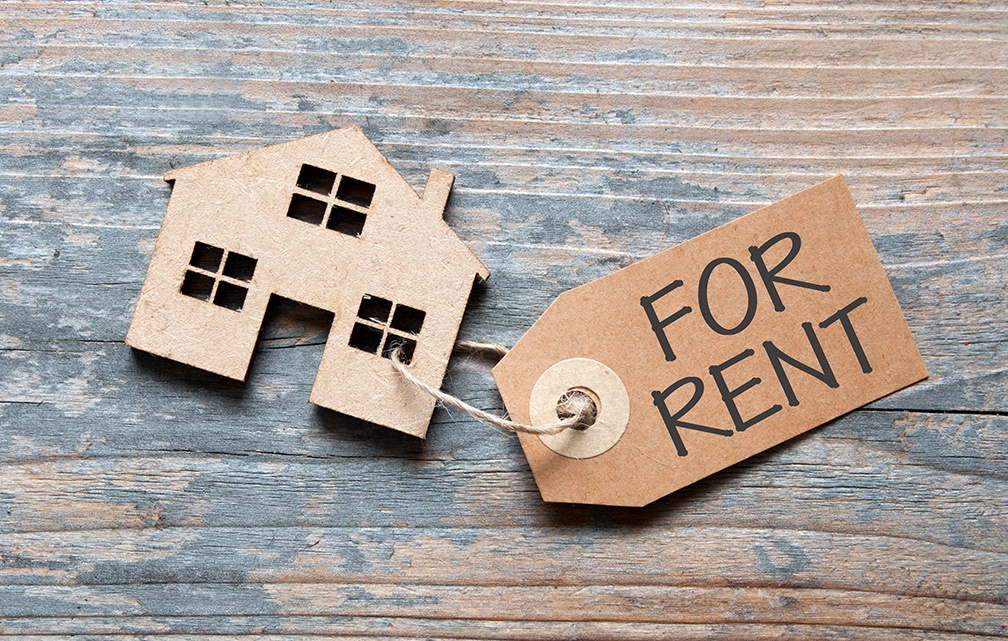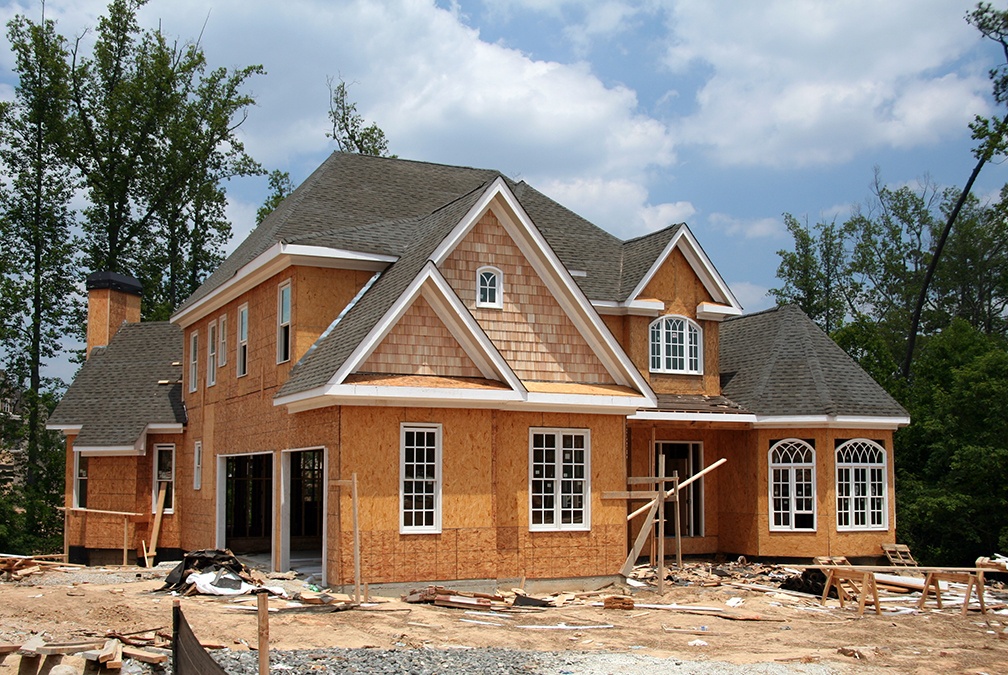 Multigenerational housing is a growing trend that is propelled by the “graying of America.” This trend is the mirror image of children who become adults still living with their parents. Instead, with multigenerational housing, the adult children invite their parents to live with them. Many are seeking to buy larger homes to accommodate the needs of their young family, while also being able to live together with their parents.
Multigenerational housing is a growing trend that is propelled by the “graying of America.” This trend is the mirror image of children who become adults still living with their parents. Instead, with multigenerational housing, the adult children invite their parents to live with them. Many are seeking to buy larger homes to accommodate the needs of their young family, while also being able to live together with their parents.
Older Homeowners And Multigenerational Homes Are Increasing
The numbers are staggering. Realtor.com® reports that for the next 20 years, older adults, over the age of 65, will increase from 26% to 34% of total homeowners. The fastest-growing group of homeowners will be those over 80. These are the many millions of baby boomers who are getting older. By 2038, estimates are that there will over 17 million of these older homeowners, up from around 8 million in 2018.
Multigenerational housing, which is where the older adults live with their grown children or grandchildren, is already 20% of the older adult population in America. This represents about 10 million homes now. This number continues to rise. It will more than double in the next decades.
Benefits Of Multigenerational Housing
The main benefit of multigenerational housing is saving money. Assisted living and long-term care are really expensive. The national median cost for assisted living is $4,000 per month. A person can buy a very large home for that amount used for a mortgage payment.
Longtermcare.gov reports that the average cost in America for long-term care in nursing homes is $6,844 per month (semi-private room) and $7,698 per month (private room). These costs can be reduced substantially by hiring in-home nursing care and having older adults stay at home.
Disadvantages Of Multigenerational Housing
The main complaint is that it is very difficult for some children to have their parents live with them. Personality conflicts and control issues arise to cause challenges.
For those worried about these factors, who want to set up a multigenerational home, think deeply about choosing a livable home design and layout. Consider buying a townhouse duplex that has two separate living spaces and then connect them by installing a door in a shared, interior wall.
Non-Related Multigenerational Sharing
A new business opportunity is the matchmaking of multigenerational housing owners who are not related. This is a new home-buying trend that is similar to living with college roommates to share expenses.
Conclusion
Multigenerational housing is a growing trend in America because of its practicality. It will continue to increase. REALTORS® who specialize in this market niche will likely find it to be very rewarding.
If you are thinking about buying a new home and your parents might be able to live with you, ask them how they feel about the idea and have some fun shopping for houses together.
 With the sometimes high cost of buying and maintaining a home and the concept of being sustainable becoming more popular, many people are considering moving to a smaller home to minimize their impact. It’s important, however, to consider what living small is really like before deciding that it’s the right move for you.
With the sometimes high cost of buying and maintaining a home and the concept of being sustainable becoming more popular, many people are considering moving to a smaller home to minimize their impact. It’s important, however, to consider what living small is really like before deciding that it’s the right move for you. If you’re already a homeowner and you’re getting ready to buy a new home, you know it’s tricky to buy and sell a home at the same time. There are lots of questions about how to handle this scenario. What if your old home doesn’t sell quickly?
If you’re already a homeowner and you’re getting ready to buy a new home, you know it’s tricky to buy and sell a home at the same time. There are lots of questions about how to handle this scenario. What if your old home doesn’t sell quickly? Are you growing tired of renting? Or perhaps you’ve recently graduated from college and are looking to set down some roots?
Are you growing tired of renting? Or perhaps you’ve recently graduated from college and are looking to set down some roots? Are you thinking of buying a new home this spring or summer? If so, you’re not alone. Many thousands of individuals and families alike will become homeowners this year. Whether you’re a first-time buyer or a seasoned veteran of the housing market, you probably know there are significant choices to make. One of the big decisions you will have to ponder is how much you want to invest in your down payment.
Are you thinking of buying a new home this spring or summer? If so, you’re not alone. Many thousands of individuals and families alike will become homeowners this year. Whether you’re a first-time buyer or a seasoned veteran of the housing market, you probably know there are significant choices to make. One of the big decisions you will have to ponder is how much you want to invest in your down payment. If you are thinking of buying a condominium or a home that is part of a planned community, you have likely come across the term “homeowners’ association” or HOA. In short, the HOA is a coalition of local homeowners who have banded together to manage the needs of the local community. Let’s explore the concept of the homeowners’ association, why they charge fees and what you can expect from your HOA if you buy a home that is part of one.
If you are thinking of buying a condominium or a home that is part of a planned community, you have likely come across the term “homeowners’ association” or HOA. In short, the HOA is a coalition of local homeowners who have banded together to manage the needs of the local community. Let’s explore the concept of the homeowners’ association, why they charge fees and what you can expect from your HOA if you buy a home that is part of one. Are you a renter that has become tired of paying someone else’s mortgage and not building any equity? Or a homeowner who has a growing family and is in need of more space? Whatever the case, if you are in the market for a new home there is no time like the present. Let’s explore a few tips that will help you to prepare for the home buying experience.
Are you a renter that has become tired of paying someone else’s mortgage and not building any equity? Or a homeowner who has a growing family and is in need of more space? Whatever the case, if you are in the market for a new home there is no time like the present. Let’s explore a few tips that will help you to prepare for the home buying experience. Are you starting to grow bored of watching your money go nowhere sitting in a bank account? With today’s interest rates doing little to encourage saving, many individuals are looking elsewhere for new investment opportunities. In today’s blog post we’ll share four essential tips for buying a profitable rental property. Let’s get started.
Are you starting to grow bored of watching your money go nowhere sitting in a bank account? With today’s interest rates doing little to encourage saving, many individuals are looking elsewhere for new investment opportunities. In today’s blog post we’ll share four essential tips for buying a profitable rental property. Let’s get started. Are you in the market for a new house? Whether you are a first-time home buyer or are upgrading to get more space, you will need to choose between buying an existing home or building a brand new one. As you might imagine, there are pros and cons to each kind of home. But if it is in your budget, you may want to lean towards a newer home over an older one. Let’s explore three reasons why new construction homes are better than existing homes.
Are you in the market for a new house? Whether you are a first-time home buyer or are upgrading to get more space, you will need to choose between buying an existing home or building a brand new one. As you might imagine, there are pros and cons to each kind of home. But if it is in your budget, you may want to lean towards a newer home over an older one. Let’s explore three reasons why new construction homes are better than existing homes.